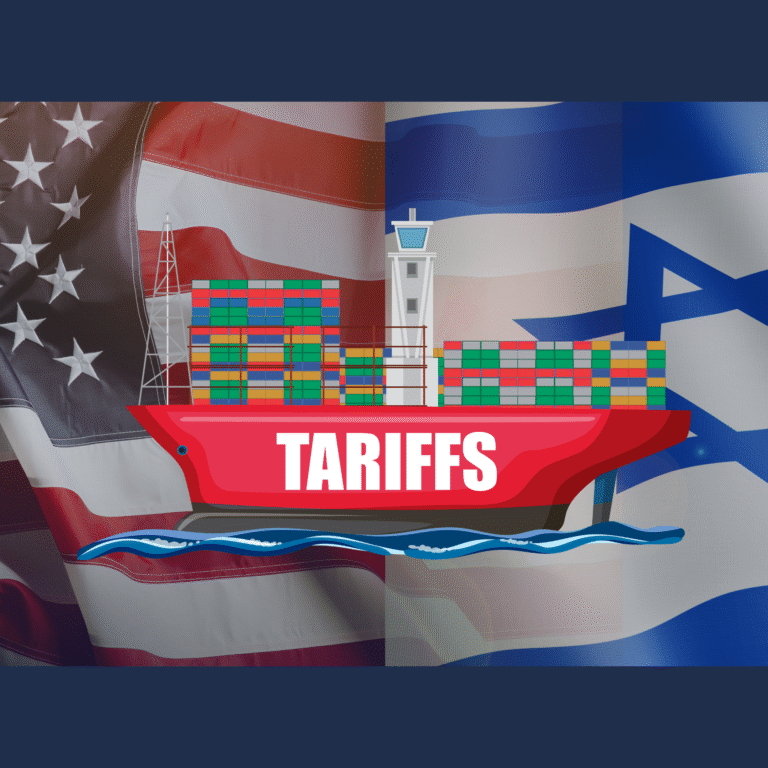

Dear fellow practitioners, CPAs, attorneys and other professionals. Happy 2024 – welcome to the third edition of our “Dreidel” newsletter about planning and investment issues of US citizens living overseas. We will publish a new “spin” every month!
While we mostly focus on Americans living in Israel, we do also have clients in the UK, South Africa, Australia and the EU. We reckon about 75-80% of expat money matters are related to the US side of the equation. So, while we may often use Israeli examples, they may be relevant to other countries, too.
This month we focus this on the topic of how to understand interest rates and bond math.
But first for those of you in Israel, please note our webinar on the 6th of February on the Israel 10-yr tax exemption for new immigrants and returning citizens, and how to prepare for things once this tax holiday ends. I will be joined by Gidon Broide, CPA, who is experienced in this matter.
Register here or by emailing nchait@nardisadvisors.com.
Interesting Insights on interest
Many people get confused and hence lose interest (excuse the pun) when talking about the mechanics and the mathematics of interest rates. So here is a quick primer.
- When interest rates are high you want to lend money- i.e. receive interest
- When interest rates are low you want to borrow money – i.e. pay interest
For example – we encouraged many of our clients to refinance their mortgages three years ago at fixed rates of under 3%. Now the money freed up can be invested at 5% risk free.
What about how bond math works? Here are some basic rules.
–
A, Most importantly – bond prices are negatively correlated to interest rates.
When rates go up bond prices go down.
And vice versa.
Think of bonds and interest rates like a see saw, anything that causes rates to go down, will cause prices to go up, and anything that causes rates to go up will cause prices to fall.
B. Duration – the longer the life of the bond, the more sensitive it is to moves in interest rates. So if rates go up, the price of the bond will fall more.
And vice versa.
So if there is a 1% rise in interest rates, a one-year maturity bond would lose 1% in price immediately whereas a ten year bond with a duration of seven years would lose 7% in price.
C. Interest payments – the higher the bond’s coupon payment for a given maturity, the less sensitive it is to changes in interest rates. This is because the interest payment acts as a buffer to the change in price.
D. Credit quality – the lower the credit quality of the bond, the less sensitive it is to changes in interest rates. The key factor here is whether the company can pay its debts. Therefore, in a benign economy with rising rates, junk bonds may outperform high quality bonds.
The bottom line for all of these examples is that regardless of what interest rates do, if you buy a high quality 5% coupon bond and you hold it to maturity, you will earn your 5% regardless of fluctuations in the market. In times of large interest rates changes, it can be hard for investors to remember this rule.
If there are any questions, please contact us.
Disclaimer
Nardis Advisors LLC (“Nardis”) is a Registered Investment Advisory Firm regulated by the U.S Securities and Exchange Commission in accordance and compliance with applicable securities laws and regulations. Registration does not imply a certain level of skill or training. Nardis does not render or offer to render personalized investment advice through this medium. The information provided herein is for informational purposes only and does not constitute financial, investment or legal advice. Investment advice can only be rendered after delivery of the Firm’s disclosure statement (Form ADV Part 2) and execution of an investment advisory agreement between the client and Nardis.





